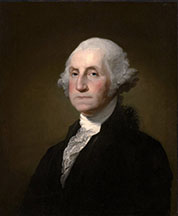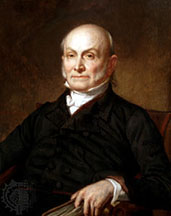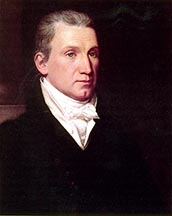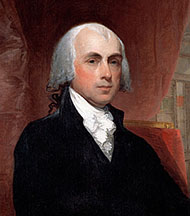







Except for these caveats, it is the substantial consensus among historians that Washington's tenure in office set the nation on a path that has endured now for over 200 years, longer than any other republic in history. He established precedents that would last for generations and did more to flesh out the skeleton of the presidential office than anyone could have expected or predicted. As one scholar has said, he "invented tradition as he went along." His actions, more than those of any other Founding Father, became a part of the "unwritten Constitution.Washington's reliance on department heads for advice, similar to his war council during the Revolution, set a precedent for including the cabinet as part of the President's office. Moreover, because Congress did not challenge his appointments or his removal of appointees, principally out of respect for him, the tradition was planted to allow the President to choose his or her own cabinet. By his actions and words, Washington also set the standard for two presidential terms, a practice that lasted until 1940. When John Jay resigned as chief justice of the Supreme Court, Washington selected his successor from outside the bench, disregarding seniority and thus allowing future Presidents to draw from a diverse pool of talent beyond the Court's aging incumbents.
As President, Monroe saw the country through a transition period in which it turned away from European affairs and toward U.S. domestic issues. During the negotiations that resulted in the Missouri Compromise, his adroit backstage maneuverings help the country avoid a sectional crisis. His administration had a number of successes in foreign affairs, including the acquisition of Florida, the settlement of boundary issues with Britain, and the fashioning of the Monroe Doctrine. The President's relationship with his secretary of state, John Quincy Adams, was vital in each of these cases. The two men had a respect and admiration for each other that led to a successful working rapport. In fact, Monroe had an ability to assemble great minds and then allow them the freedom to work. Scholars have long regarded his cabinet as an exceptionally strong one.
Recently, however, historians have begun to pay more attention to Madison, seeing his handling of the war as similar to Lincoln's wartime management. Madison's government marshaled resources, faced down secessionist threats from New England, and proved to the British the folly of fighting wars with the Americans. He established, once and for all, respect for American rights on the high seas and emerged from the war with more support than he had when he was first inaugurated in 1808. Had Madison been assassinated by a British sympathizer a week after the Battle of New Orleans or killed by the British in resisting their attack on the White House, he would have died a national hero. Also, historians note in Madison a flexibility of temperament—equaling Jefferson's practical mood—which did not undermine his basic principles. A strong nationalist and supporter of a powerful central government as the author of the Constitution, Madison nevertheless resisted extreme centralism with his Bill of Rights, Virginia Resolution, and opposition to Hamilton. Similarly, when he became President, Madison saw the need for a national bank and supported its establishment, enlarged government powers during the war, and took a firm federal stance in the face of treason and sedition. His executive sense of priorities, in other words, always considered first and foremost the immediate demands of crisis and the national needs of the moment. In some ways—because he was on the winning side of every important issue facing the young nation from 1776 to 1816—Madison was the most successful and possibly the most influential of all the Founding Fathers